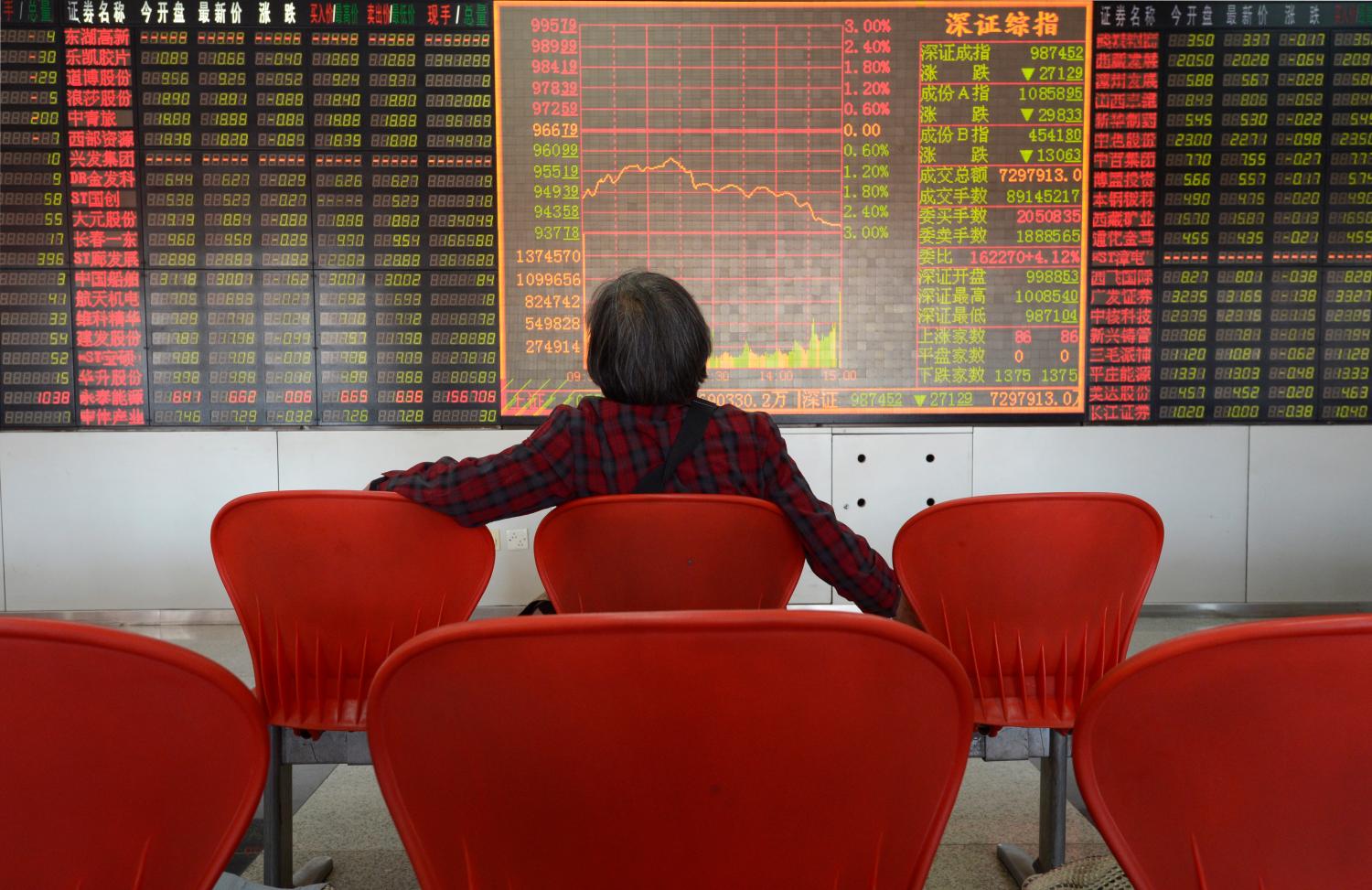INTRODUCTION
As G-20 leaders prepare for their seventh meeting in Los Cabos, Mexico, strengthened hopes are struggling against renewed fears in the world economy.
The stronger hopes are due primarily to the more rapid output and employment growth in the U.S. economy that have come in better than expected in late 2011. It now appears possible that GDP in the United States might grow at a rate close to 2.5 percent in 2012, compared to 1.7 percent in 2011. Moreover, for several months, job creation has exceeded new entries into the labor force, reducing unemployment to well below 9 percent for the first time since the employment plunge in 2009. While this is modest progress compared to the challenge ahead— it would take almost a decade to reduce unemployment to pre-crisis levels at the pace of recent months— it has triggered a significant stock market surge, reinforcing a positive dynamic in the U.S. economy.
There also is considerable uncertainty in the outlook for Europe with median forecasts suggesting another year of zero growth. The long awaited deep Greek private debt restructuring finally took place without the catastrophic effects that some who had argued against it had forecast. The European Central Bank provided ample medium-term liquidity to the banking system, calming markets and providing time for greater structural adjustments. A decision to augment the size of the eurozone’s financial firewall was finally taken in late March. The latter involves a temporary enlargement of the eurozone bailout system to €700 billion by setting up the new bailout fund, called European Stability Mechanism (ESM) with a permanent €500 billion in capacity, but allowing the €200 billion from the European Financial Stability Fund already committed to Greece, Ireland and Portugal, to be set aside and not be folded into the ESM as originally planned.
Growth in the emerging and developing countries has slowed, but still continues at a robust pace, with their internal growth dynamics playing an increased role compared to their exports to the advanced world.
A surge in oil prices at the start of the year, linked partly at least to political uncertainties surrounding Iran and security of supply in the Gulf, signaled a new danger in the early months of 2012. A massive surge in oil prices remains a short-term threat for the world economy, but at time of writing this threat seems to have moderated, notably because of the strong resolve of Saudi Arabia to stabilize prices, although this resolve would not be of much help if there were serious disruptions of supply routes.
1 Euro = 1.325 U.S. Dollars: The Surprising Stability of the Euro
Downloads:
The Eurozone Crisis Still Threatens Global Growth
Downloads:
Rethinking Japan’s “Lost Decade”: Some Post-Crisis Reflections
Downloads:
Déjà Vu All over Again: The Depressing Debate on the Financial Crisis and Democratic Politics
Downloads:
The False Dilemma between Austerity and Growth
Downloads:
Global Shift, the G-20, and Europe’s Double-Move
Downloads:
The U.S. Economy: Sustaining the Recovery—Policy Challenges, Political Differences and an International Context
Downloads:
Global Growth and Adjustment: The Energy Dimension
Downloads:
New Challenges for the Global Economy, New Uncertainties for the G-20
Downloads:
Addressing the Eurozone Crisis: Lessons from Latin America
Downloads:
Can Asia Help Power the Global Recovery?
Downloads:
A Monetary Tsunami? Brazil in the Cross-Fire of New Style Currency Wars
Downloads:
Stronger Hopes and Renewed Fears: The Governance Legacy
Downloads:
Internal Imbalances, State Finance and the Global Recovery
Downloads:
Macroeconomic Coordination: What Has the G-20 Achieved?
Downloads:
The Eurozone: How to Grow out of the Crisis?
Downloads:
Greening the G-20 Agenda: A Way Forward
Downloads:
What Should Other Countries Learn from the U.S.’s Regulatory Response to the Crisis?
Downloads:
Investment, Recovery and Growth
Downloads:
The Brookings Institution is committed to quality, independence, and impact.
We are supported by a diverse array of funders. In line with our values and policies, each Brookings publication represents the sole views of its author(s).



